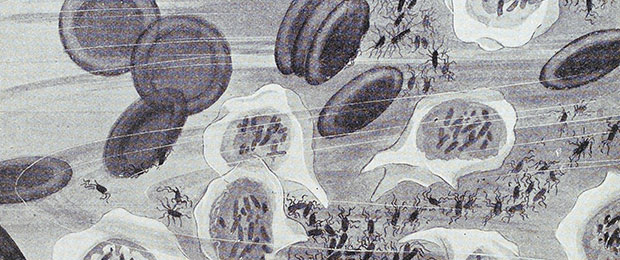Brigitte Piniewski
Protecting health through open data management principles
Personal wellness data should be shared as freely as water and air.
Register for the free webcast, “Life Streams, Walled Gardens, and the Internet of Living Things.” Brigitte Piniewski and Hagen Finley will discuss the Internet of Living Things, what makes sensoring and monitoring data emanating from our bodies unique, and why we should elect to participate in this seemingly Orwellian mistake of open-sourcing our personal health data.
We are at a threshold in the history of personal data. Sensors and apps are making it possible to generate digital data signatures of important aspects of healthy living, such as movement, nutrition, and sleep. However, we are rapidly losing the opportunity to erect a Linux-like open “living-well” data system steeped in open commons principles. We can either join together to ensure enlightened open source and crowdsourced discovery practices become the norm for our living-well data footprints, or we can passively allow this data to be sequestered into one of the walled gardens offered by health systems, funded research, or big business.
Why this is important?
Living-well data provides the map by which vast amounts of preventable human suffering can be prevented. Everyone can benefit from the health journeys of those who lived before us because our modern societies are no longer “accidentally well.” Decades ago, parents had no need to question the nutrition a child was offered or concern themselves with how much activity a child engaged in. No deliberate use of devices was needed to track these important health contributors. Reasonable access to whole foods (farm foods) and reasonable amounts of activity were provided, as it were, by default — in other words, by accident. This resulted in remarkably low rates of chronic disease. Today, communities cannot take those healthy choices for granted — we are no longer accidentally well. Read more…

